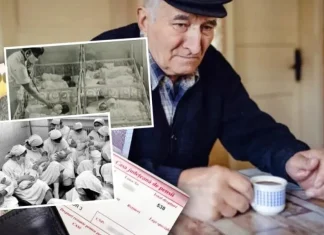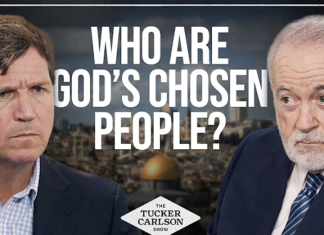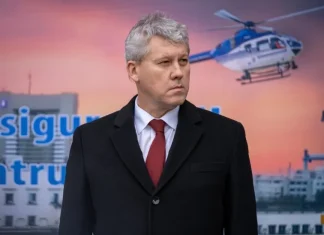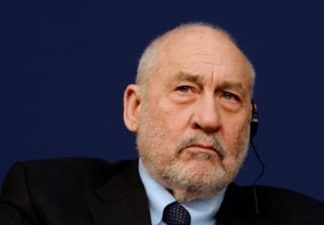Author: Cozmin Gușă
Whether you care about the Nobel Peace Prize or not, it’s clear that this year you couldn’t escape the avalanche of news surrounding it — because Donald Trump himself wanted it badly, throwing himself into the competition with all the force he could muster. Which, as it turns out, wasn’t much. For me, however, this is an opportunity to explain once again how global geopolitics really works.
As for the lady from Venezuela, declared a “dove of peace,” her victory didn’t surprise me. At the beginning of this week, my daughter, Miss Daria Gușă, told me she might win the Nobel, given the interests of Western High Finance in exploiting Venezuela’s enormous resources — interests that would benefit if Trump helped their game by invading the South American country and overthrowing President Maduro.
Who decided this year’s Nobel Peace Prize? Five people — two men and three women — all grouped in the pompously named Nobel Committee, all Norwegian politicians or NGO activists, virtually unknown, with no professional achievements, notable activity, or major academic work. So realistically, no one could have expected an objective decision from them, but rather one clearly dictated from above by some of their superiors in Norway, a rather ordinary monarchy firmly under the control of Western High Finance, especially the Rothschild family.
Trump didn’t deserve the Nobel Peace Prize, true enough, but neither did Barack Obama or other former U.S. presidents who nonetheless received it. Hence Trump’s ambition and hope, which even influenced some of his recent political decisions. And while one could have justified, however awkwardly, awarding it to Trump, the Venezuelan woman who was chosen meets none of the criteria. It’s therefore obvious that the motivation was exactly what I explained above.
Furthermore, this Western High Finance, which in reality runs the European Union, or as I call it, the “new USSR”, couldn’t miss the chance to humiliate Trump, to get revenge for the way he treated their puppets disguised as European leaders: Ursula, Macron, Merz, Tusk, and others.
The White House leader was visibly affected yesterday by the decision not to award him the prize; his excessive ego can hardly withstand such an affront. He received only the well-staged sympathy of Vladimir Vladimirovich Putin, whom he immediately thanked. A few hours later, to display an appearance of strength, Trump issued a harsh threat of a trade war against China. No one responded, of course — everyone understood that the move was just part of his ritual of licking his wounds.
Now we are in the day after, and Trump is already being forced to choose sides among the great global camps now at odds. Will he play the game of Western High Finance — invading Venezuela and installing the newly anointed “Nobel laureate” in Maduro’s place? Or will he continue the geopolitical partnership-in-three with Putin and Xi?
In the first scenario, since Maduro is a political ally and friend to both Putin and Xi Jinping, it’s obvious that Trump would thus put himself in direct conflict with them. That would mean various wars — but above all, the quasi-lethal risk for the United States that Russia and China might finally push the accelerator on global de-dollarization, something they’ve deliberately refrained from doing in recent months precisely to indirectly support Trump.
The second scenario would pit Trump against Western High Finance itself, the entity that controls international financial institutions, including the Federal Reserve, as well as the Deep State, which still dominates much of America’s intelligence and judicial systems. Even now, ten months into his term, we still don’t know to what extent Trump has actually taken control of power within the U.S. state. It’s a tough situation, a major dilemma.
This year’s Nobel decision only confirmed publicly that the grandiose procedure is nothing more than a kind of Eurovision, but without the music. Yet for Trump, it has become a major turning point, one after which he can no longer continue his reckless geopolitical dance of playing all sides at once.
As for the Venezuelan Nobel laureate, we’ll see her for a while as a global political star, one bigger than Greta Thunberg but smaller than Zelensky, before she fades into obscurity. But the 2025 Nobel Peace Prize moment will remain in history as a point of inflection in the geopolitics of a world undergoing rapid and radical change.
